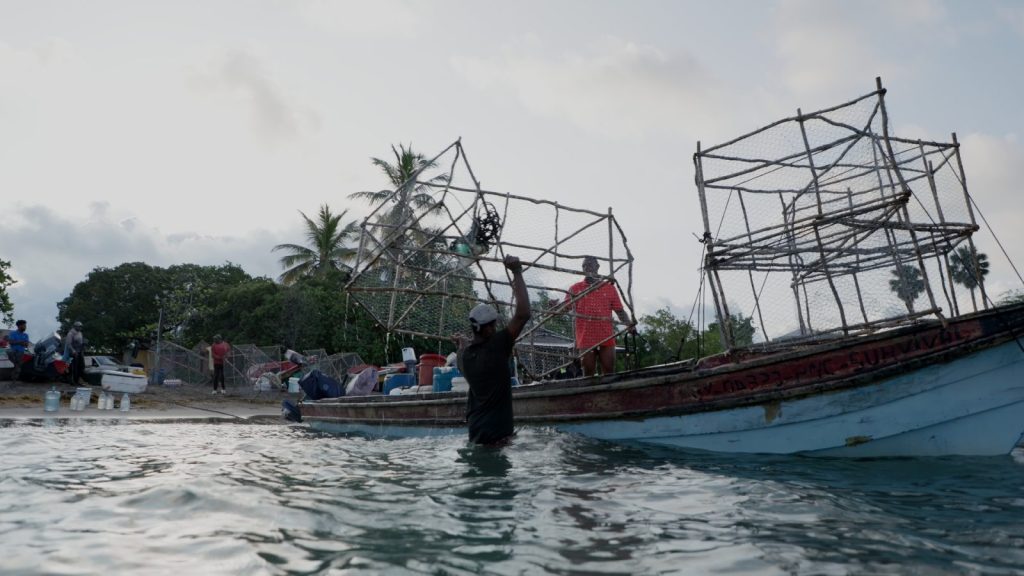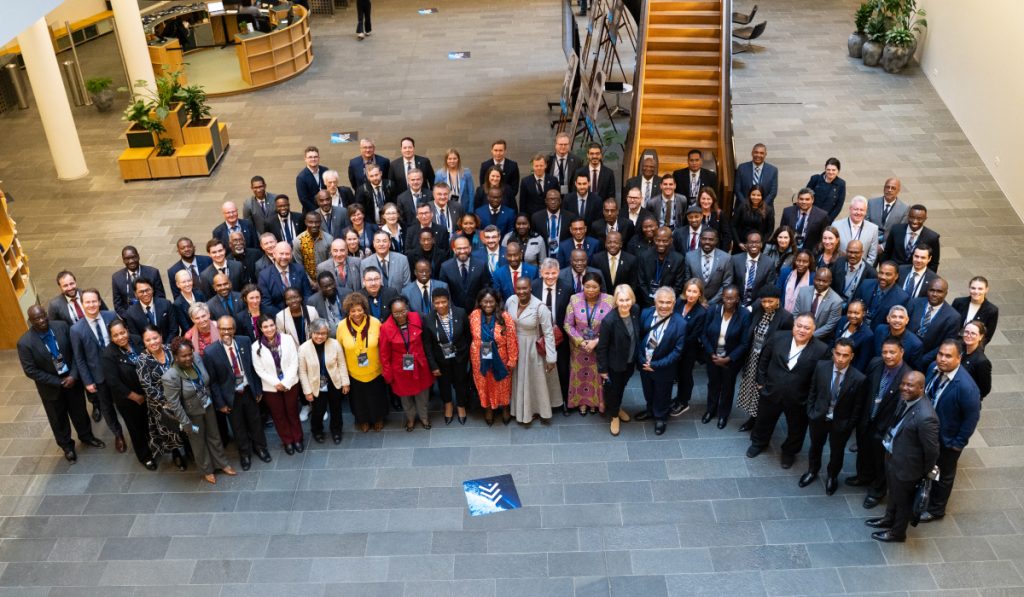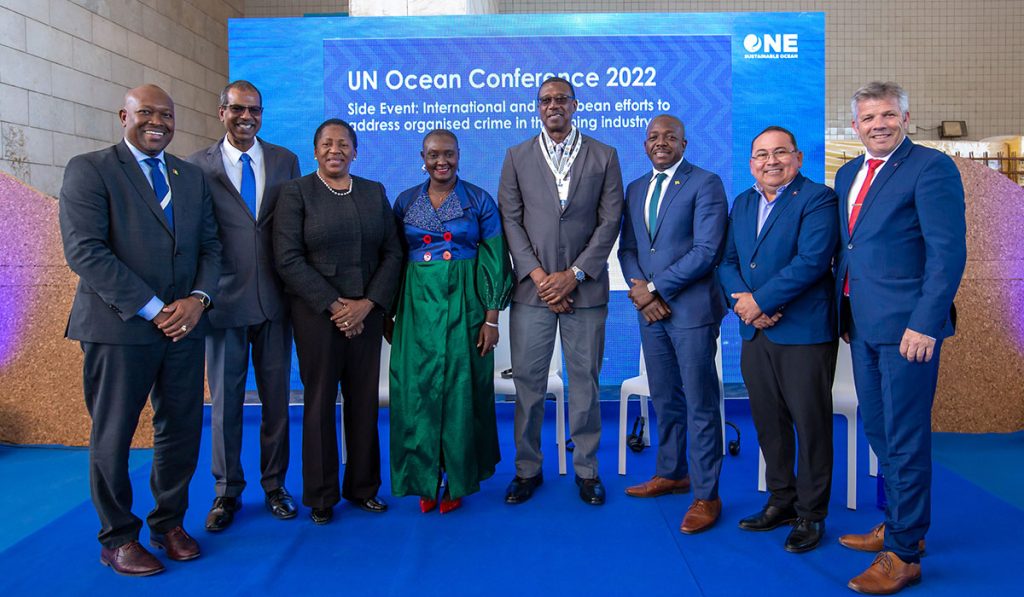In his opening video remarks at the Programme launch on 8 September 2023 at the Norwegian Space Agency in Oslo, Norway’s Minister of Fisheries and Ocean Policy, Bjørnar Skjæran, shared his perspective on the collaboration, saying, “The global challenge of fishing crime requires global solutions. By collaborating with the Blue Justice Initiative, we aim to amplify surveillance capabilities and robustly confront these organized crimes that cross borders.”

The heart of the Blue Justice Ocean Surveillance Programme is the provision of Automatic Identification System (AIS) tracking data gathered from Norwegian microsatellites to the users of the Blue Justice Community and facilitation of their ability to use the data in their daily operational work. Experts from the Norwegian Coastal Administration and the Directorate of Fisheries in the International Blue Justice Tracking Centre in Vardø, in the far North of Norway, provide analysis support in this regard. The information will be integrated with existing cooperation mechanisms of the Community, which will allow analysts to share information across agencies and regions to coordinate efforts to address fisheries crime.

Highlighting the global implications of the programme, Norwegian Minister of International Development, Anne Beathe Tvinnereim, said, “Enhanced vessel monitoring is not just a tool but a beacon of hope for developing nations, paving the way for a sustainable and equitable maritime economy.”
Henrik Larsen, Director of the Nordic Representation Office for the UNDP, interjected, “Fisheries crime is a global challenge that demands a unified, multi-lateral approach. Through our Blue Resilience project, UNDP aims to fortify inter-agency governance mechanisms. With national-hosted regional Blue Justice Hubs and our digital platform, we’re uniquely positioned to foster global cooperation against this menace.”

Frank Udnæs, Director for Analysis and National Activities at the Norwegian Space Agency, emphasized Norway’s satellite capabilities, stating, “With our AIS satellites, we provide an unprecedented overview of vessels globally. We’re tackling the challenge of ‘dark vessels’ and are committed to supporting the Blue Justice Declaration against organized fishery crime.”

Director of BarentsWatch at the Norwegian Coastal Administration, Nina Buvang Vaaja, stated, “At BarentsWatch, we are genuinely excited to be a key partner in this initiative. Our goal is to empower governments in the Blue Justice Initiative with the technology to better oversee their waters. This fight against fisheries crime is a significant venture, and we’re ready to contribute.”
Ulrika Modeèr, UNDP’s Director of the Bureau of External Relations and Advocacy (BERA), accentuated the groundbreaking nature of the Nordic partnership. “Combining state expertise with advanced technological innovation and data sharing is a key step towards the fulfillment of our sustainability objectives,” she remarked.
The launch was live-streamed and attended by a studio audience of 40+ persons, including embassy representation from, inter alia, Colombia, El Salvador, Maldives, Madagascar, and South Africa, government representatives from the Norwegian Ministry of Foreign Affairs, the Norwegian Ministry of Climate and Environment and the Somalian Ministry of Fisheries, and members of academia.
A noteworthy technological milestone is the deployment of the world’s first AIS-embedded microsatellite by Norway in 2010. Today, Norway’s advanced satellite systems capture 2.1 billion AIS signals annually, with NorSat-1 and NorSat-2 gathering a combined 1.5 million messages from approximately 50,000 ships per day, providing an expansive global overview.
Uniting advanced technology, expertise, and a shared vision, the alliance between the Blue Justice Ocean Surveillance Programme and key Norwegian stakeholders in the space and technology spheres, together with the UNDP, promises a brighter future for our oceans and the countless coastal communities they support.



